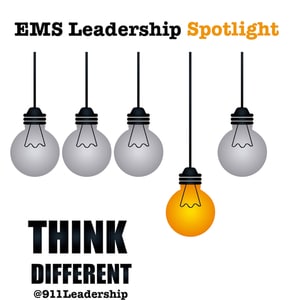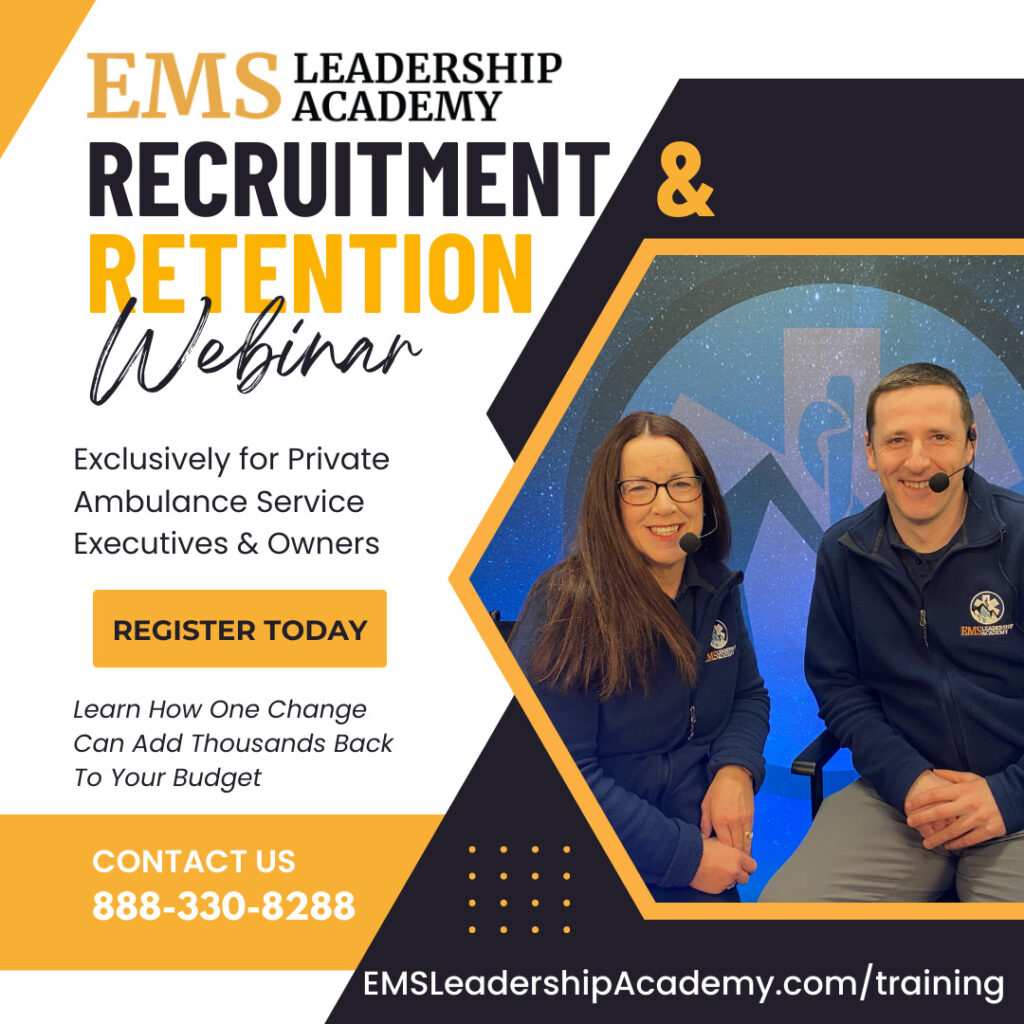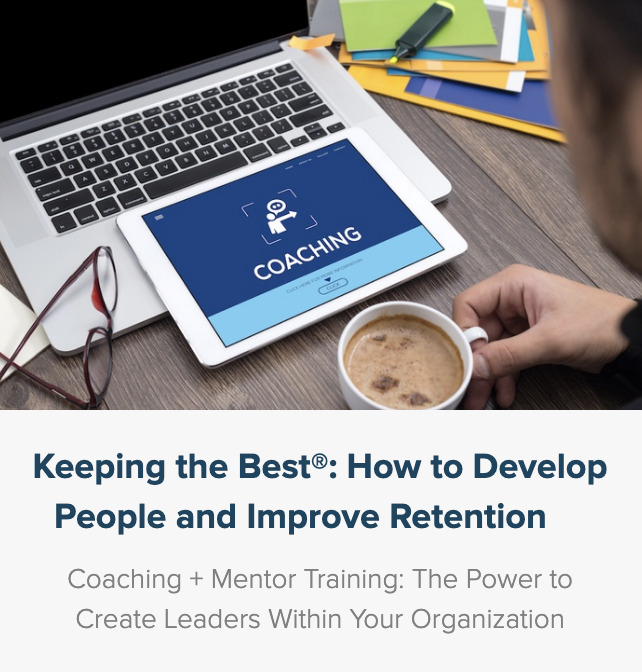

Q: What advice do you give to your newest people stepping into a leadership role?:
New leaders must always be willing to learn and be adaptable to change. Leadership requires a wealth of knowledge and experience, and so much of it is learned from painful lessons in real life and the professional world. I would tell new leaders always to be willing to learn from others. That new knowledge likely will serve them well when they least expect it 20 years in the future. Just as importantly, leaders must be able to think critically. It’s essential to be able to judge for yourself whether something is actually a wise decision or only appears to be at the time. That gray area can be challenging to navigate. Leaders must use their own experience as a window into the future, to be able to step back and ask themselves, “Is this good for the organization? Was there a time when a similar decision didn’t work out so well?” When answers aren’t quite so apparent, leaders must then think outside the box. The answer is sitting there hidden more often than you’d think.
I would advise new leaders to make themselves open and transparent. In my experience, frequent and open communication with our Board of Directors, health-care stakeholders, elected officials, and community members has only enhanced our goals. An ongoing dialog helps to ensure everyone is on the same page and that no one is surprised. It also opens opportunities for collaboration when others know your honest intentions. New leaders should never to be afraid to ask for help. Ask for advice from your team. A good leader doesn’t think for the team but instead employs and empowers smart individuals to contribute to the team’s thinking. Ask for help from community partners. Sometimes the best partnerships come from some idea you had planned for only your organization. Seeking assistance from friends with similar goals can make your project that much more successful.
Q: What advice would you give to yourself when you first started in a leadership role?:
I would advise myself to read that much more. I have always been an avid reader, both for business and recreation. There’s so much information out there on health care in general and EMS in specific. I pay particular attention to different journals and publications that come out with frequent updates on contemporary rural prehospital care models. These provide new data, research, and care philosophies driving the ways in which we serve our communities. It’s also important to pay close attention to literature about other health care disciplines. All of these disciplines come together to form a very large continuum of care. It’s important to recognize your role in that continuum and how your action or inaction can make or break the system.
I would also tell myself to prepare to embrace failure. The best lessons are learned when things didn’t go as planned. You won’t always employ the best staff. You won’t always get funding for new equipment. Sadly, you won’t save every patient. But learning from each of those steps is critical to bettering chances the next time.
Q: How many years have you been in a leadership role?
My career in rural health leadership began in 1995 as the Director of Human Resources at Cuba Memorial Hospital. I then took a position here at Southern Tier Health Care System (STHCS) in 2001 as Director of Planning and Development. I was quickly promoted to Chief Operating Officer (COO) here in 2002 and then was named Chief Executive Officer (CEO) in January 2007.
Q: Thinking back over your career, I'm sure you've had both good and bad experiences of leadership. What's your most memorable story of good leadership that has stuck with you?:
I believe effective leadership can’t be pigeon-holed into singular moments of acting beyond expectation. It’s best to think of it as effective management of a steady upward trajectory toward an organization’s goals. It’s a marathon. In my career, I’ve experienced excellent leadership from two polar-opposite perspectives.
My first boss in the health-care industry was the definition of “by-the-book.” She fostered an environment that absolutely demanded the best of each employee. Working to promote rural health in the most under-resourced part of the state-required each employee doing his or her part – and then some – to keep us moving on the right path forward. It was sink or swim. Those were long hours, but they brought the best out of all of us and reminded us of the critical community-health goals we had to meet. I’ve always been very appreciative of that valuable lesson. My second boss in this industry had a lighter touch. His leadership style was more collaborative. He promoted an environment of open communication and working together to complete a task or achieve a goal. He still required every employee to complete their jobs, but he ultimately felt a lighter atmosphere was much more productive. That environment also brought the best out of everyone. It allowed for more creativity and for each of us to own our part of the leadership responsibilities. Learning how to lead from behind, so to speak, taught me how to better result from the front when I became President/CEO. I remember his leniency and understanding, and I’m happy to still call him a great friend.
My leadership style today is a blend of both perspectives. Effective management requires diligent attention to protocol and a compassionate guiding hand.



